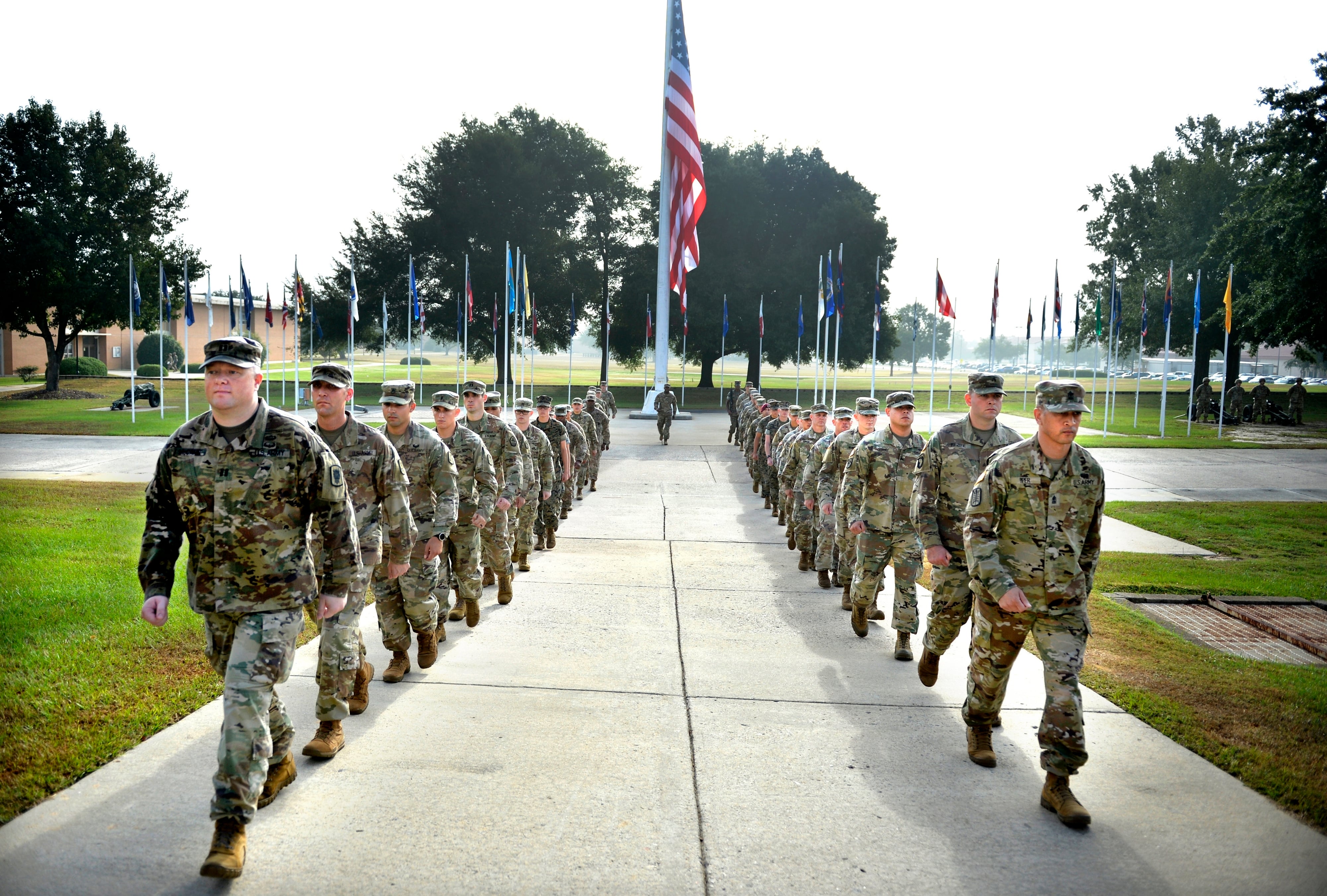Recently a group claiming ties to Islamic State militants (ISIS) posted a list of military members' names, images and addresses online. It called on others to cause harm to these military members and their families. Understandably, this action has caused concern and debate about what information should be made available to the public.
These conversations are helpful and can be productive. Conducting risk assessment and determining an acceptable level of risk is part of every Air Force mission.
I believe the need to tell the Air Force story remains. The risk of not doing so presents unacceptable consequences and is not a feasible course of action. If we relinquish our responsibility to tell our story, especially to the news media, we create a communications void that empowers groups like ISIS that seek to instill and incite fear.
Actions such as making threats against airmen and their families underscore the nature of the enemy. The disturbing Internet post also communicates the effect airpower is having on the battlefield. It also highlights to all Americans and our allies why we need to be involved in this fight.
At the same time, it provides a reminder about the need to help people better understand who this enemy is, why it needs to be defeated, and steps people should take to reduce their online footprint. This incident introduces an opportunity to assess, understand and learn what personal information may be accessible to others and an opportunity to educate airmen on how best to secure profiles. It is important to take the time to understand social media privacy settings.
Threats made against service members and families are taken very seriously.
In light of this event, commanders immediately went to work to ensure the safety and well-being of airmen and their families. Communities rallied. Leaders take care of people.
I think commanders and any effective leader would also agree that part of ensuring the well-being of airmen involves highlighting performance and telling the Air Force story. Failure to do so is providing groups such as ISIS a victory and permitting them to alter our way of life.
Certain sensitive missions or circumstances related to operational security may call for airmen to use rank and first name only or employ other safeguards in the press. But this practice serves as an exception, not a standing rule. Don't mistake this for the enemy altering our way of life.
I think all of us recognize the significant stress those airmen appearing on the list and their families are certainly experiencing. That stress is real and understandable. It is leadership's responsibility to provide security, a sense of calm, comfort and to ensure events such as these are taken seriously and are appropriately investigated. Leaders have done so.
Meanwhile, the need to tell the Air Force story continues. This fundamental responsibility cannot change and must endure.
Karns is chief of media operations for Secretary of the Air Force Public Affairs.





